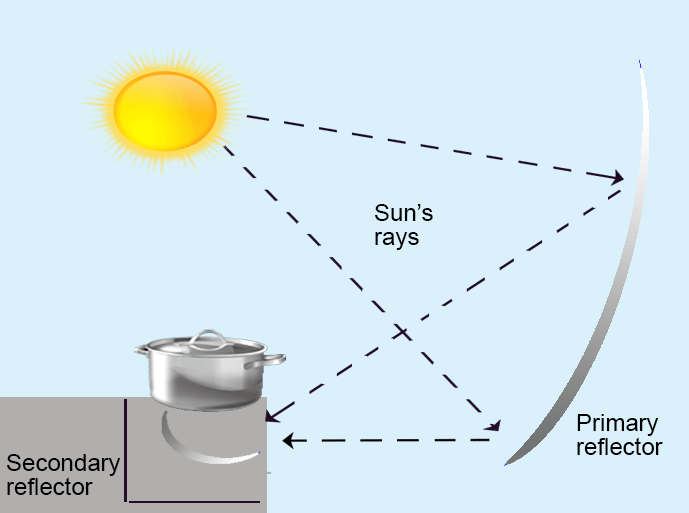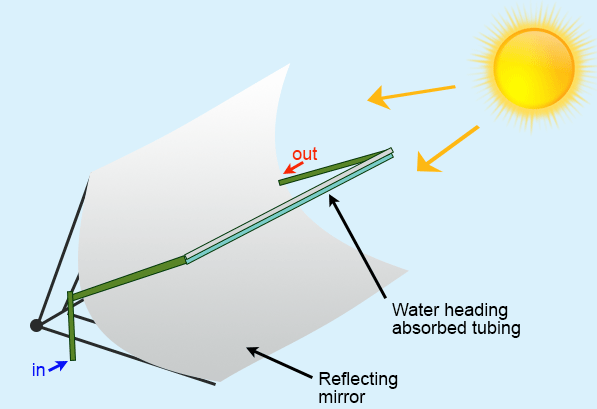The emergence of solar power
In the modern era solar technology made a significant evolutionary leap when Swiss scientist Horace de Saussure built the world’s first solar collector in 1767 (Janardhan and Fesmire 2011). This solar collector was reported to have been used by Sir John Herschel in South Africa in the 1830s to cook food during his astronomical expedition to map the Southern hemisphere star fields.
The first photovoltaic effect was observed by French physicist Edmond Becquerei in 1839 and the first solar PV cells were made in the 1880s with an efficiency of 2%.By 1891 the first solar water heater had been developed and the potential of solar power soared. By 1912 Frank Schuman had setup a farm of parabolic solar troughs in Meadi in Egypt used to create steam to power a steam generator which powered a water pump providing the community with fresh water on demand.
The ‘game changing’ breakthrough in solar technology was made by Bell Labs in the US in 1954. They developed the first silicon photovoltaic cell which begun with 4% efficiency and then subsequently achieved 11%. By 1964 photovoltaic solar power was being used in space by NASA’s Nimbus Satellite powered entirely by solar power. Towards the end of the 20th century the technology improved further and the first grid-connected array went live in California and in 1996 the first solar powered plane took to the air in Germany.
Ultimately, we can turn solar energy into useful power in four main ways (MacKay 2009):
- Solar photovoltaic – using direct sunlight to generate electricity.
- Solar thermal – using sunshine for direct heating of buildings or water.
- Solar biomass – trees, bacteria, algae, corn, soy beans, oilseed to make energy fuels, chemicals or building materials.
- Food – the same as biomass except we feed plants into humans or other animals.

Solar cooker

Trough solar collector